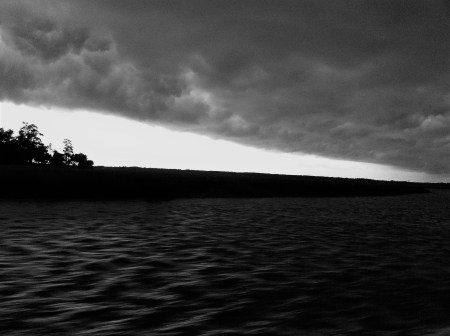At college, I was confused by a fellow student who always appeared to be happy.
“You always appear to be happy,” I told her, puzzled.
“’Rejoice always,’” she bible-quoted back at me. “Joy is a Christian duty.”
I chose not to confide in her about my first and recent bout with depression, and my doubts about my long-term custody of joy. If, like me, you were raised as a rule-follower, taught deeply to fear disobedience, and were then derailed into depression by a combination of brain chemistry and situational suck – well, then, a duty to cheerfulness did not sound necessarily like good news.
I have worked for decades since on the relationship between my mental health, mood, and my faith. Richard H. Niebuhr wrote, “Reconciliation to God is reconciliation to life itself; love to the Creator is love of being, rejoicing in existence, in its source, totality and particularity.”[1] The work, whilst often rewarding, remains chronic.
The international observance of World Mental Health Day came and went last week, and I would have written something in solidarity, but I still find it difficult to talk about my depression. When it is present, it is impossible to confess it without the conviction that everything will fall apart, and that no one will ever depend upon me again, as a pastor, or a parent, or a person. When it is absent, it feels rude to talk about it behind its back; we have such a close, personal relationship. But international observances apart, every day is Internal Mental Health Awareness Day. It is part of my daily prayer practice to discover where I stand in relation to the weight of glory, and how much of it I can bear.
A couple of weeks ago, I took myself for a walk in the autumn drizzle, unwilling to sit and sink further into what was threatening to become a slough. Less than half a mile into the journey, the rain was building, and with it I felt upon my shoulders the heavy, sharp-cornered bricks of grief. I decided that the day was a write-off. I remembered that there was once a Friday when all was not well with the world, and the sky turned dark, and there was nothing, nothing to be done except to wait for death, and to take down the body. Nothing would be returning to life that day. So I decided I would allow myself to take this day off from joy.
Turning alongside the creek, I was surprised by a huge gray heron, which came from behind my right shoulder, showing off its wingspan, and landed only an arm’s length away. I was astonished and impressed enough that I burst into tears. The heron accompanied me along the creek until the last bend before the lake, where it circled back, looking for its next target, be it patient or prey.
I do not find faith to be a remedy for all that ails me. In his little book of grief, C.S. Lewis wrote, “Talk to me about the truth of religion and I’ll listen gladly. Talk to me about the duty of religion and I’ll listen submissively. But don’t come talking to me about the consolations of religion or I shall suspect that you don’t understand.”[2]
My faith has not always rescued me from the deep waters (thank God, on the feast day of physician and evangelist Luke, for health care providers); yet God is not bound by my faith, and is liable to act despite me, as when a swooping heron evokes the Holy Spirit descending like a dove; daring one like me to say that this is a day that has nothing good in it; singing silently, “This is the day that God has made; we will rejoice and be glad in it.”
[1] H. Richard Niebuhr, The Purpose of the Church and its Ministry (Harper, 1956), 37
[2] N.W.Clerk (C.S.Lewis), A Grief Observed (The Seabury Press, 1963),23
The Revd Rosalind C Hughes is the Rector of the Church of the Epiphany in Euclid, Ohio. A regular contributing editor at the Episcopal Café, she also writes poetry, sermons, and other words at over the water

